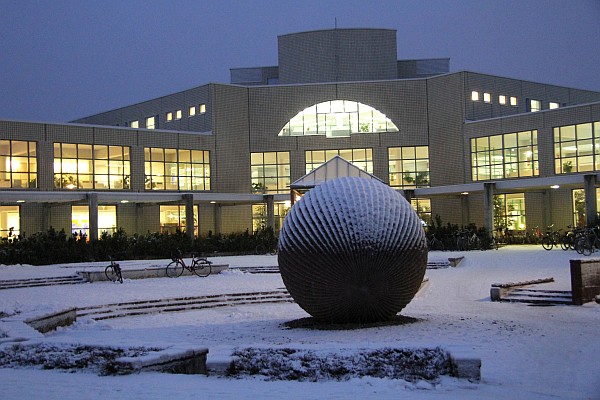Comment
Cultural Studies Research Produces Data Suitable to Be Archived at FSD
During the Conference on Cultural Studies in Oulu in December 2015, FSD staff members met cultural researchers from all over Finland and students and staff from the University of Oulu.
Some participants were familiar with FSD services while others had never even heard of the data archive. We met a research methods teacher who revealed that he makes all his students get acquainted with the Data Management Guidelines maintained by the FSD. On the other hand, we met students who found it hard to believe that the data treasures provided by the Aila Data Service were at their disposal.

The Conference on Cultural Studies took place at he University of Oulu
The University of Oulu has just published its research data policy. It will probably make open access issues more concrete to both students and researchers, and hopefully will lead to more people discovering our services.
Rich and varied data
As could be expected, both the data archive and the idea of open access to data were new to many cultural researchers. It is after all only a year ago that the data archive launched its project to extend its services to humanities, and initial efforts were focused on historians.
But our two days in Oulu soon showed us that cultural studies produce a lot of data that would be eminently suitable to be archived for reuse. One presenter, for instance, had collected large interview data on the life, experiences and future plans of young people. Another researcher had asked the participants to photograph places in their home town that they felt were particularly significant to them and their identity.
All in all, the encounters experienced during the conference were positive. Let's hope that in the future more students and researchers from Oulu will remember the FSD when collecting or trying to find data. It is certain that in future years cultural researchers will grow more familiar with the services provided by the FSD and the Open Science and Research Initiative (ATT). The end result will probably be that the unique and rich data created within the field of cultural studies will become more often available for the scientific community at large.
Text and picture: Kaisa Järvelä
